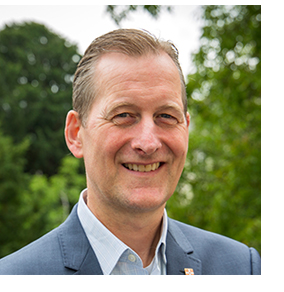What the Experts Say

This very interesting study gives faith in the future. It shows that the environment and health are now among the top priorities of citizens and that they are ready to act, especially young people. The Covid-19 crisis has been a positive driver of change in this regard. Still, making decisions that reconcile these two priorities is sometimes complicated. For example, the pandemic has led to increased use of plastic containers and home delivery to limit the risk of contagion, which has harmful effects on the environment. Making the “right choices” is therefore not an easy task. Companies can help if they integrate these priorities into their practices and nudge consumers into choices that are better for the environment and society.
Marie-Eve LaporteAssociate Professor at IAE Paris – Sorbonne Business School and expert in consumer behaviour

In the context of a global pandemic, it is important to consider how sustainability-related concerns stack up in the minds of consumers. The Green Response Survey shows that, while health is understandably a concern, interest in sustainability has not waned at all. Rather, this ‘reset’ has ushered in more sustainability awareness, engagement, and action. This is supported by the Forest Stewardship Council’s own recent independent research that found biodiversity protection and responsible forestry to be top purchase drivers for paper products. As consumers look to convert values into action, metrics for the recognition of FSC`s label and demand for independent certification have also increased strongly.
Jeremy HarrisonChief Markets Officer, Forest Stewardship Council® (FSC®) International

The Green Response Survey 2021 from Essity helps bring to the fore how COVID-19 has changed people’s perception of sustainability and their ability to have a positive impact. Such research remains critical in helping businesses meet the needs of both people and the planet, and it is pleasing to see more than half of respondents feel their own individual choices can help slow down global warming. Our job now, as the consumer goods industry, is to help make it easier for people to live more sustainable lives by doing business the right way – sourcing more sustainably, reducing plastic and food waste, securing more sustainable food systems and reducing carbon emissions, etc. We believe our eight CEO-led Coalitions of Action, with the support of members like Essity, will help us to deliver.
Wai-Chan ChanManaging Director of the Consumer Goods Forum